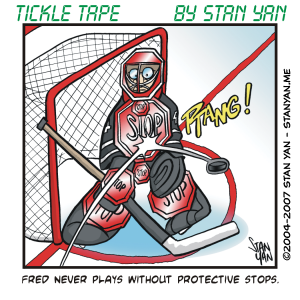Trading in a peak performance state of mind enhances performance. When you enter this state of consciousness, it is easy to become lost in the flow; your full attention is focused exclusively on the market action. It’s sheer bliss. As optimal as this mindset is, though, you can get knocked out of it at a moment’s notice. Distracting thoughts may creep into your mind. You may be a novice trader who starts worrying about whether he or she will make enough winning trades to meet basic living expenses.
You might be a hedge fund manager bugged that one of your most important clients continues to question your trading decisions or your current performance record. Or you might work for an institution and feel troubled as you think about how you had to convince your associates that you found a sound investment strategy, yet deep down, you wonder how things will turn out. As much as we want to stay in sync with the markets, external pressure often interferes with our ability to stay focused on our ongoing experience.
When the pressure is on, we can become uneasy and a little anxious. As much as you try to stay focused, it’s hard if you suddenly become consumed with self-doubt. You must stay confident, but that’s hard to do sometimes. There are times when we question our self-esteem. Rather than look for inner standards of worth, we look outward. We look toward loved ones, friends, and as a trader, our clients or supervisors. Indeed, there are times when you have to look outward. You have to pay your bills. You have to meet your clients’ expectations. Or you have to meet expectations at your institution.
It may be difficult to avoid looking outward. You might reasonably argue, “If you trade your own money, and if you have a lot of money, it’s easy to trade on your own terms. But if you are accountable to others, you must look outward for validation.” This is a good point, but consider the utility of looking outward for validation. If you try to live up to other people’s standards, you’ll feel the pressure. And when you feel pressured, you’ll tend to make trading errors. If, on the other hand, you look inward and live by your own standards, you’ll feel more relaxed.
It may be difficult to remove all external sources of pressure, but if you trade beyond your comfort zone, you’ll make mistakes and you won’t be able to live up to excessively high standards anyway. Ironically, if you strive for goals that fit your skill level, you’ll meet these goals, and in all likelihood, you’ll even be able to exceed your expectations.
In the end, it makes sense to look inward and set your expectations of performance based on your own beliefs. That’s all you really can do. By respecting your comfort zone, you’ll hone your skills over time, and eventually reach higher and higher levels of mastery.


